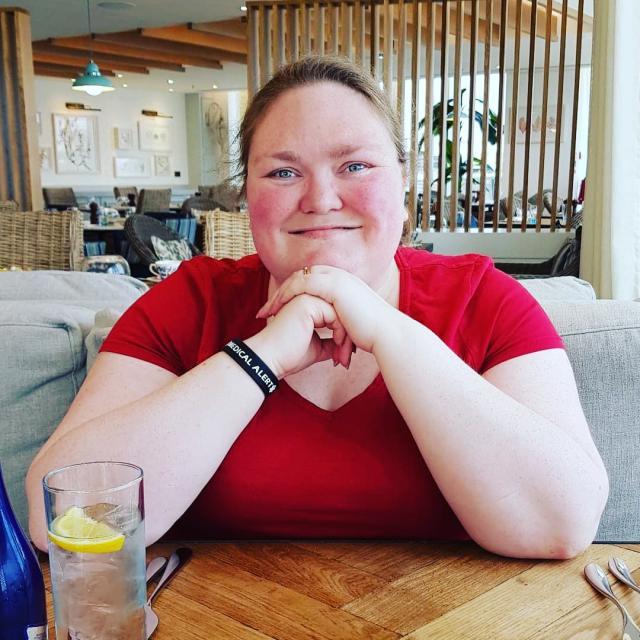
We’re not Ben and Jerry’s; we’re Libby and Deni!
5 November
A blog about public partnership and co-production in research.
What’s your favourite flavour? Mine is Phish Food, Deni likes Karamel Sutra. There are many famous examples of partnerships from Ben and Jerry’s to Batman and Robin. A great example of partnership is exactly what Deni and I have created over the last 15 months.
I had to stop working in 2016, but discovering the world of research and service user involvement gave me a purpose again. It is a great way to re-use my skills and lived experience. I hadn’t heard of the term co-production until 2018 when I joined the FAMILIAR study (a PhD that is being co-produced) as a co-researcher. I then chose to learn more about co-production in a more formal training setting with the Co-production Network for Wales.
Co-production? What do we mean by that? We’ve all heard of Co-production, “with us not about us” and while it’s easy to say, it’s not so easy to implement TRUE co-production. What do I mean when I say “true” co-production? I mean its ‘an equal partnership with equitable power sharing’. We don’t want to be just sitting at the table, and not be part of the team.
Think about how have you used co-production so far? Do you give your public members the same power as yourself? Have you asked them if they feel they have the same power? You might think you have given them true co-production but in practice I’ve found there is still a hierarchical barrier that doesn’t get crossed. How far do you need to go to be giving them a truly equitable seat at the table?
Addressing the need to build trust, be inclusive, thorough and flexible requires a process that breaks down power dynamics and hierarchies. It requires recognition of differing opinions and moving beyond the assumed superiority of ‘objective’ science, to a space where the breadth of knowledge and lived experiences are valued, heard and used.
Over the last 10 months Deni and I have worked together on everything from developing strategy documents, methods for capturing impact from public involvement, and the day to day running of our Public Partnership Group. We share the workload and accountability between us, such as chairing the group and creating new documents. Each month we have a “catch up” to check in with each other, and this enables us to keep each other up to date. Being co-leads means we both have an equal seat at the table. We have already broken-down barriers to inclusion and will continue to do so.
Co-working has its own challenges, including understanding each other’s differing opinions, and flexibility in compromise The key to co-working is effective communication; active listening. Also building trust between partners is vital to the process, as well as ensuring everyone is open to feedback and change when required. The working relationship Deni and I have curated over the last year shows that with the right setup co-production can be fulfilling, productive and make a lasting impact.
For more information on the Evidence Centre’s Public Partnership Group, click here.